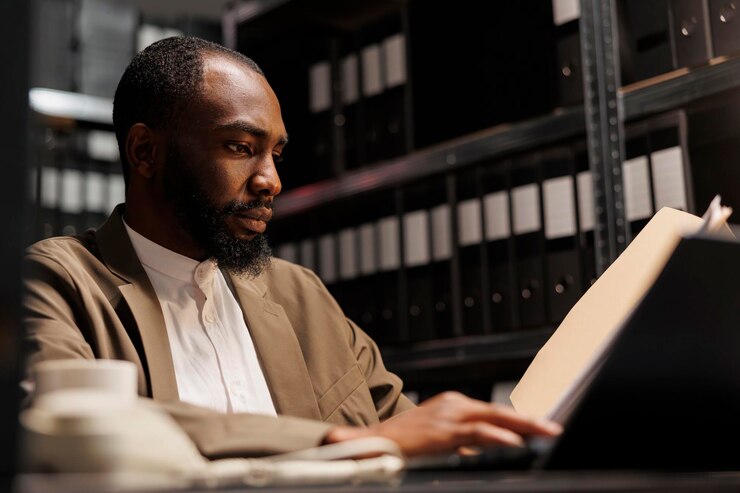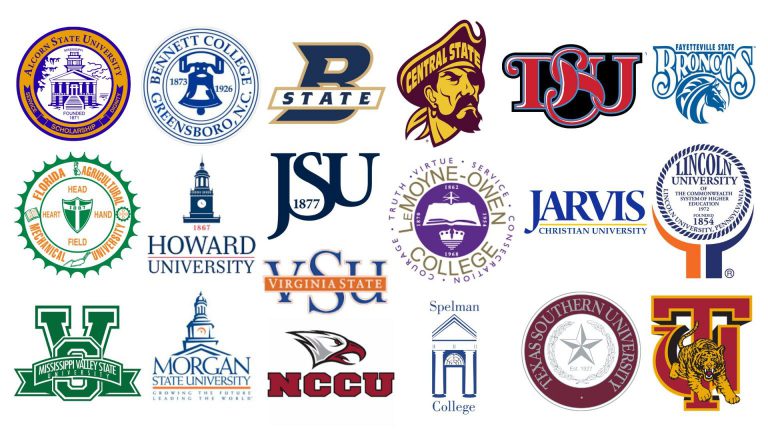Sacramento State Recognized as First Black-Serving Institution in California
- July 8, 2024
“This distinctive recognition reaffirms Sacramento State’s commitment and dedication to serving the needs of our diverse student body, especially for our Black students,” said Sacramento State President Dr. J. Luke Wood.

“We remain committed to advancing equity and social justice in every aspect of our institution. I want to express my profound gratitude to the California State Legislature, Sacramento County, and the city of Sacramento for recognizing us as a Black Serving Institution.”
Sacramento State — an Asian American Native American Pacific Islander Serving Institution and Hispanic-Serving Institution through the Higher Education Act — does not meet the threshold of 40% Black enrollment to qualify for similar federal recognition. But the state and local resolutions acknowledge Sacramento State’s work on behalf of Black student success and creating pathways of support.
The university has the largest enrollment of Black and African American students within the California State University System and the nation’s first Black Honors College, an enhanced co-curricular college for students providing specialized coursework, distinctive research opportunities and creative arts, residential living and learning programs, scholarships, and distinguished recognition.
“Sacramento State’s recognition as a Black Serving Institution is a testament to the University’s dedication to promoting access and excellence for all students,” said Patrick Kennedy, chair of the Sacramento County Board of Supervisors and a Sacramento State alumnus. “This milestone reaffirms Sacramento State’s pivotal role in shaping the future of our community and fostering a more inclusive society.”
#BlackServingInstitution #Diversity #StudentSuccess #HigherEducation #SacramentoState
Share on Social Media
facts corner
Featured Articles
-
The Divine Nine: History of Black Sororities and Fraternities
-
What’s The Science? An Examination Of What HBCUs Are Doing With The Bezos Millions
-
Sacramento State Launches First Black Honors College
-
Here’s how AI is driving equity in Higher Education
-
Biden Calls for Greater Support of HBCUs, HSIs, and MSIs
-
Concluding the Year with a Broader Perspective















